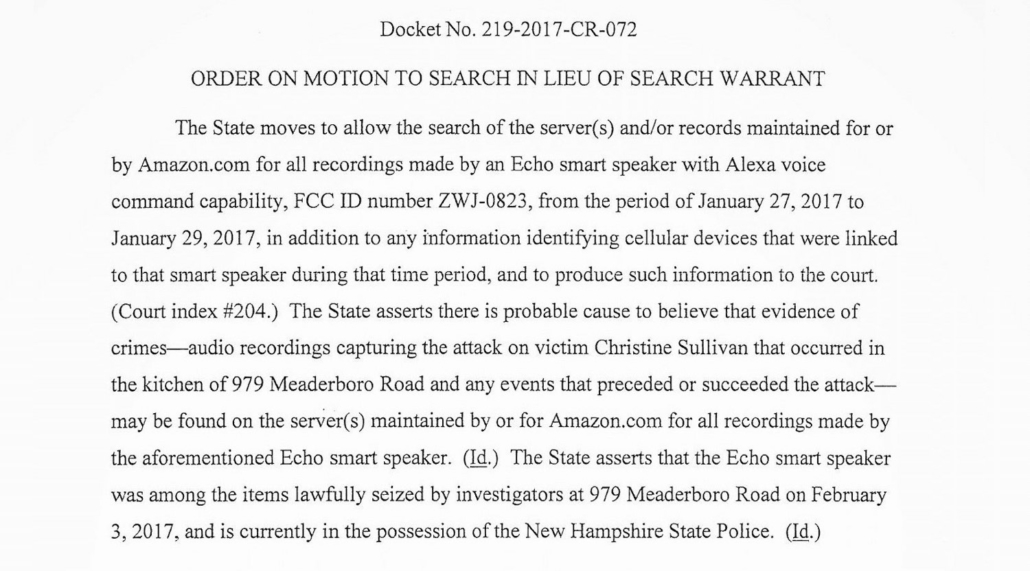Nobody is ignorant of the fact that the internet and social media is dominating this generation. Virtually every age group spends hours online each day whether it is for work or scrolling Facebook or Instagram. Unfortunately, there are many people who use the internet and social media to bully others. Far too often these bullies are children trying to be “cool” by bullying another student or child. This is referred to sometimes as “cyberbullying.”
Bullying comes in many forms
Over the years I have received countless inquires from parents whose child has been bullied at school. There is never a specific formula, and the results of the being bullied are always different. Sometimes the acts are verbal, sometimes it is cyberbullying, sometimes it is physical, and in a few cases, the bullying has involved allegations of sexual assault.
Regardless of the type, bullying is not right. Nobody deserves to be bullied. Nobody. It does not matter if you act differently or if others view you as an outsider – nobody deserves to get bullied ever. Florida passed an anti-bullying law in 2008 as a measure to prevent bullying. See Fla. Stat. Chap. 1006 et. seq. This law requires schools to establish anti-bullying programs and policies aimed at reducing bullying in schools.
The effects of being bullied are more than physical
Any parent who has seen their kid get bullied can see the physical and emotional strain that bullying puts a child through. Further, if there are threats or a physical touching (including hitting, shoving, or sexual assaults), then there is a potential criminal aspect to the bullying. Unfortunately many times it is difficult for law enforcement to prove that a crime happened, so they pass on pressing charges against the bully.
However, just because there are no criminal charges brought against a bully, there is a possibility that the victim can bring a civil claim against the bully. My office has handled numerous cases of bullying and prides itself in giving a victim a voice.
The liability of bullying extends beyond the bully
Many times bullying claims involve multiple parties who can be held liable for the bully’s actions. This includes the bully, his or her parents, a school, or any other individual or entity who permits bullying to occur (including a daycare, afterschool care, babysitter, etc.). There may also be multiple causes of action that can be brought such as negligence, negligent misrepresentation, and negligent supervision. Many victims and their families are unaware that schools and daycares have a responsibility to supervise children and to take specific measures to safeguard the students that they watch. When a school or daycare fails to protect a victim, they can be held liable for the child’s injuries.
A bullying case can become very complex quickly. Often there may be a claim against a governmental entity that should be brought in connection with a claim against the individual bully. Florida’s sovereign immunity statute (Fla. Stat. 768.28) applies in cases brought against a public entity (such as a school) which could limit the liability of the school. The statute also imposes certain notice requirements that a victim must provide to the state before bringing the claim.
Standing up for your rights against being bullied with the support of an attorney
Having an experienced attorney on your child’s side after they have been bullied can level the playing field. Although no amount of compensation can serve to fix the wounds incurred by bullying, a successful claim can help to pay for future therapy or other treatment to help the victim deal with both the emotional and physical scars from bullying. Further, and perhaps most importantly, bringing a claim against a bully will serve to make a statement against other bullies and, hopefully, cause others to rethink their actions. The ability for a victim to bring a civil claim against a bully is one tool that we can use in the fight to end bullying. Further, many times bullying claims can be brought confidentially so that the general public does not know the identity of the victim.
What to do if you or someone you know has been bullied
If you, a loved one, or someone you know has been bullied, I would invite them to contact our office for a free and confidential conference with an attorney who can assist with their claim. It is never too soon to call as many times time is of the essence in these cases. Further, there is no obligation to speak with an attorney.















 While summertime is typically that jovial part of the year when families get together to travel on trips near and far, sometimes for weeks at a time, that is not necessarily the case for the millions of families with children that have gone through the divorce process.
While summertime is typically that jovial part of the year when families get together to travel on trips near and far, sometimes for weeks at a time, that is not necessarily the case for the millions of families with children that have gone through the divorce process.



















